Each subsequent election seems to get more and more online. The Kamala Harris campaign, armed with a strategy devised by a few twenty-five-year-old women in a Bushwick coffee shop, thinks the election will be won by hiding the candidate away and replacing her with a string of memes and cringe slogans. Unfortunately, they may be right. When you have a candidate that has a problem stringing three unscripted sentences together into something coherent, you must find some other way to shove her across the finish line. That means spiriting her away from the press as much as possible, limiting speeches to only those with a teleprompter and changing your policy positions so many times that no one has any idea what you’re actually running on. Hey, it worked for Joe Biden.
Kamala’s in-house memelords may be au current, but only because advisors know the vice president’s interview performance is stuck in a 90s sitcom or police procedural. The script has been the same for the past five seasons: an obvious question she should be prepared for; an awkward, high-pitched laugh as she tries to buy herself more time to reach for the answer her people provided for her; a third act of delicious word salad. Not convinced? You think you just fell out of a coconut tree?
This is why the Democratic National Convention was one of the more choreographed conventions of the last few decades. Light on policy and heavy on familiar cringe, it’s all a spectacle made to help you forget that the candidate running once owned worse approval ratings than Biden and has still never had a primary vote cast for her at the top of the ticket — ever.
Not that it matters. The campaign clearly isn’t about policies or speeches; it’s about willing her presidency into existence. As was pointed out on The Spectator’s website, if everyone truly believes she can be president, that she’s a competitive candidate, that future can be manifested. Nothing that either nominee says really matters — which has turned the campaign trail into a college improv troupe, though no one knows where the audience suggestions are coming from. On one side we’ve seen no tax on tips and free IVF compared to… also no tax on tips plus taxes on unrealized capital gains on the other. Trump and Kamala are both trying to be, unburdened by what has been.
To help matters, the disinformation experts have gone awfully quiet in the last few months, almost as if the policing of “disinformation” was meant to silence a certain segment of an undesirable population. And now even the politicians have gotten in on the fun, taking what was once the domain of anonymous trolls on social media directly to the campaign rallies. Amber Duke dives into the prominent rise of BlueAnon, the shorthand name for the surge of left-wing conspiracy theories that started on Twitter before finding new life thanks to the likes of Elizabeth Warren and Tim Walz.
BlueAnon seems to be home turf for someone like Walz, as Ben Domenech points out. The Minnesota governor, we have come to find out, seems to have an uncomfortable relationship with the truth, as nearly every week since his announcement as the VP nominee we’ve found new tall tales, from his military service to exaggerations about his own children. It’s the new normal for a party seems to have run counter to Michelle Obama’s advice — when they perceive Republicans as going low, why not just go lower?
Adjacent to the BlueAnon phenomenon, the mainstream media have done their darndest to memory-hole the fact that a former president was nearly assassinated just a few months back. Drew Holden looks into how and why this is happening. On the other side of the ideological and media divide, Aidan McLaughlin dives into the world of online influencers with a profile of Patrick Bet-David. You may not have heard of him, but it’s likely someone in your life watches his YouTube channel — he easily clocks in an audience larger than most of the cable-news networks. An ardent Trump supporter, Bet-David came onto the political stage from seemingly nowhere and now commands a mini media empire — the type of outfit Kamala’s Bushwick coffee house twenty-somethings most fear.
Earlier this year, the Democrats had two choices — a nominee who’s lost his faculties because he’s extremely old or a vice president who apparently never had faculties to begin with. They chose the latter. The American people are now left with a similar quandary and it’s very unclear to many which is better — vote for the man who uses his rallies to settle grudges against those who have wronged him and rant about stolen elections, or the woman with the Marxist streak (as Marc Oestreich outlines) who has trouble chewing through a few unscripted sentences? The choice is decidedly un-brat.
This article was originally published in The Spectator’s October 2024 World edition.



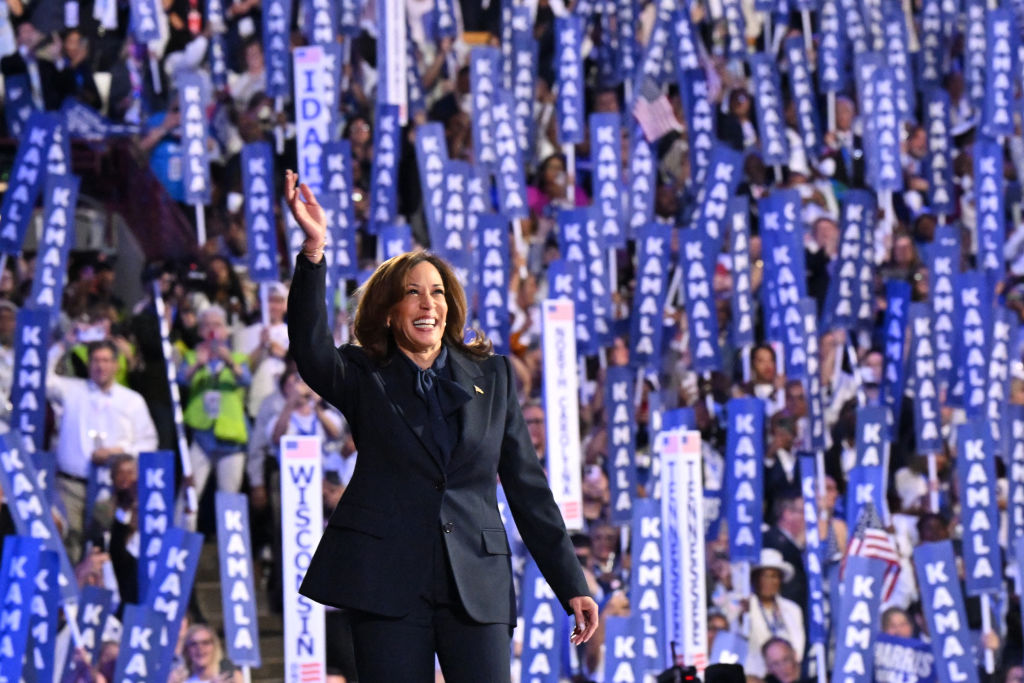










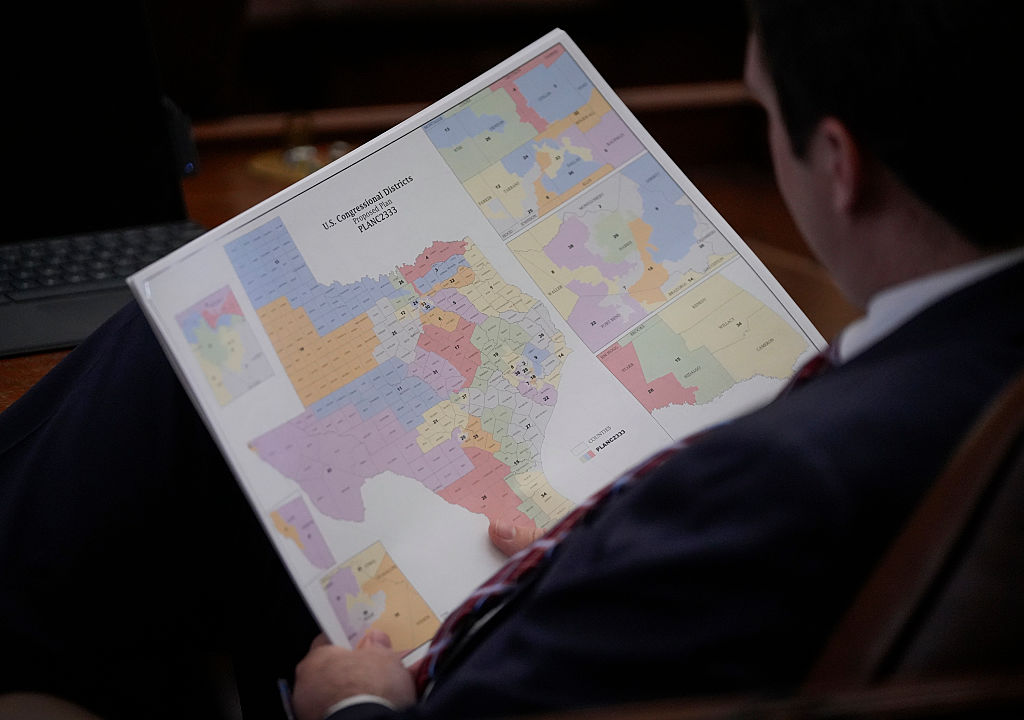
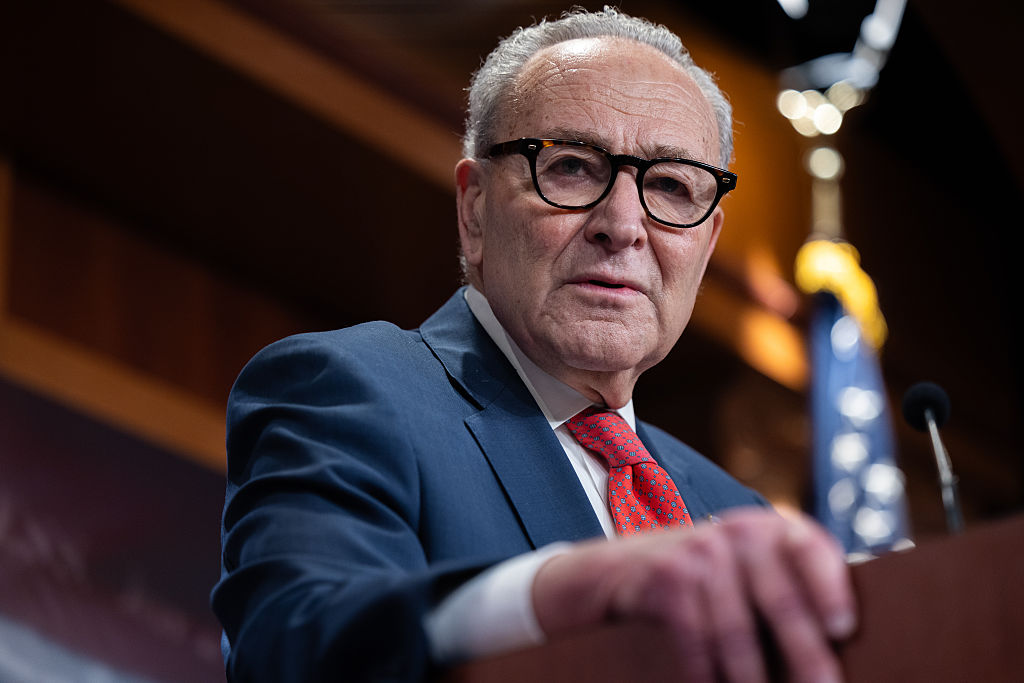
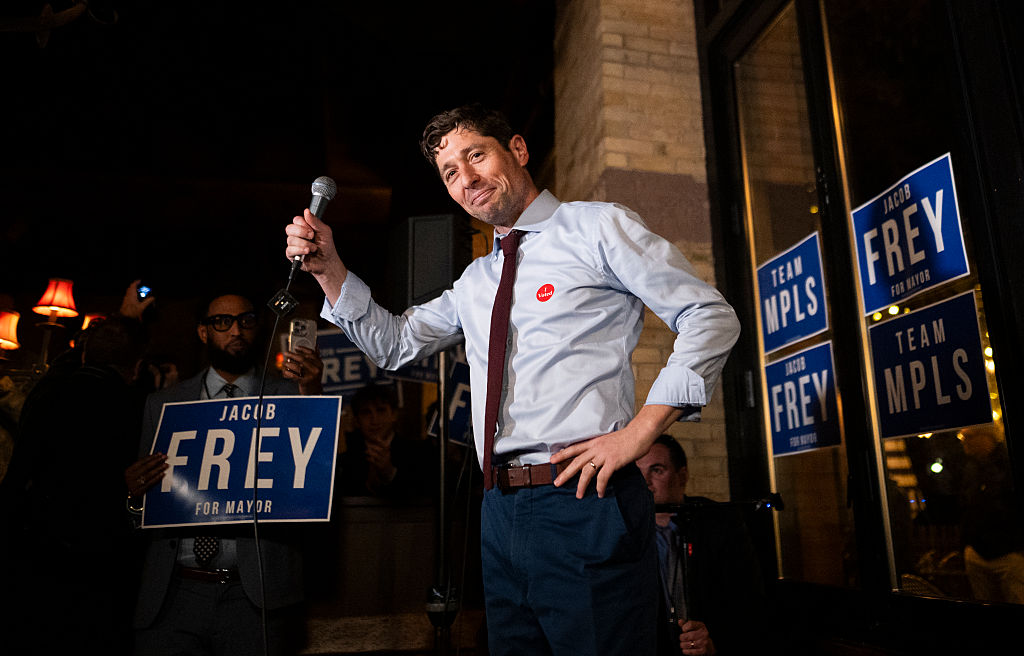
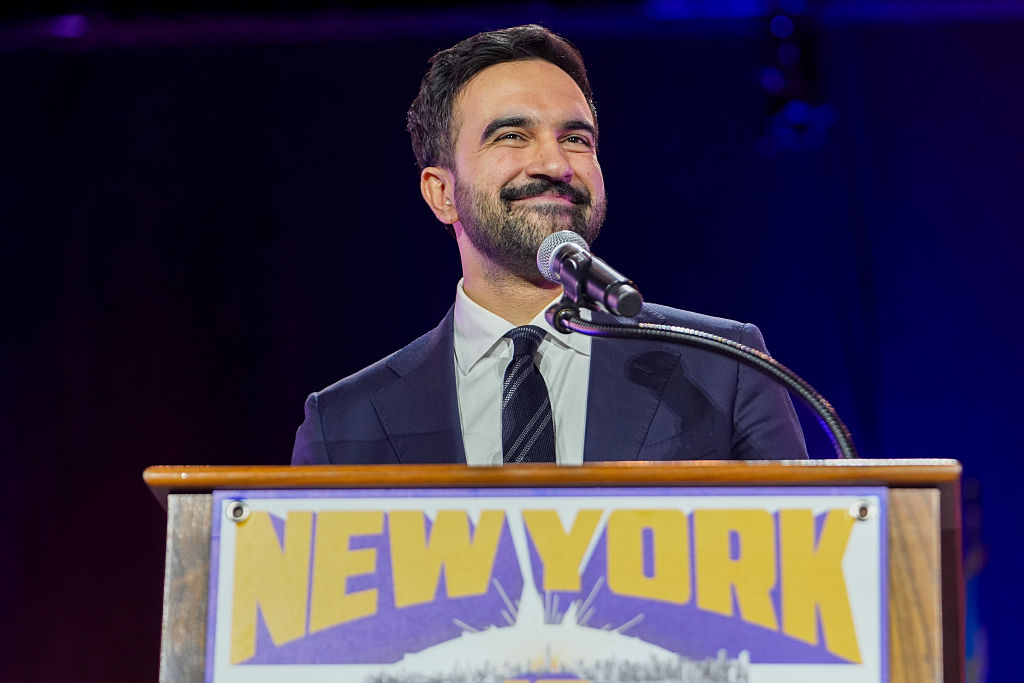
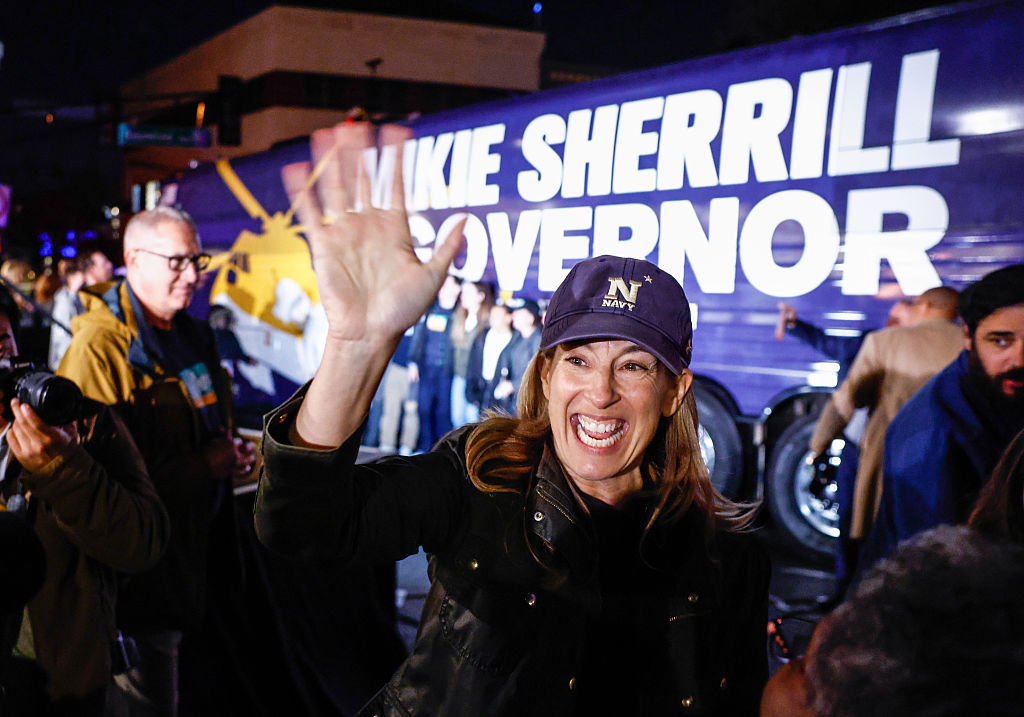







Leave a Reply